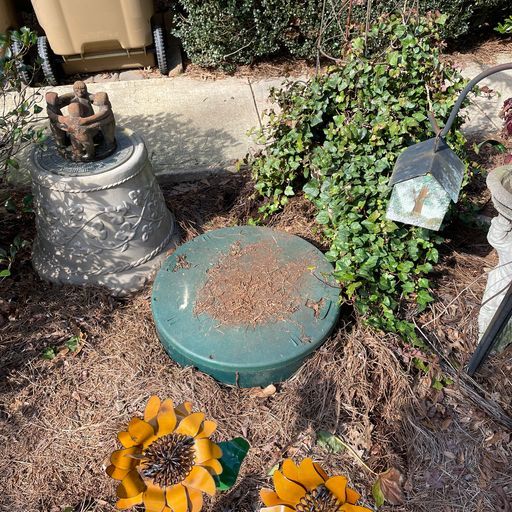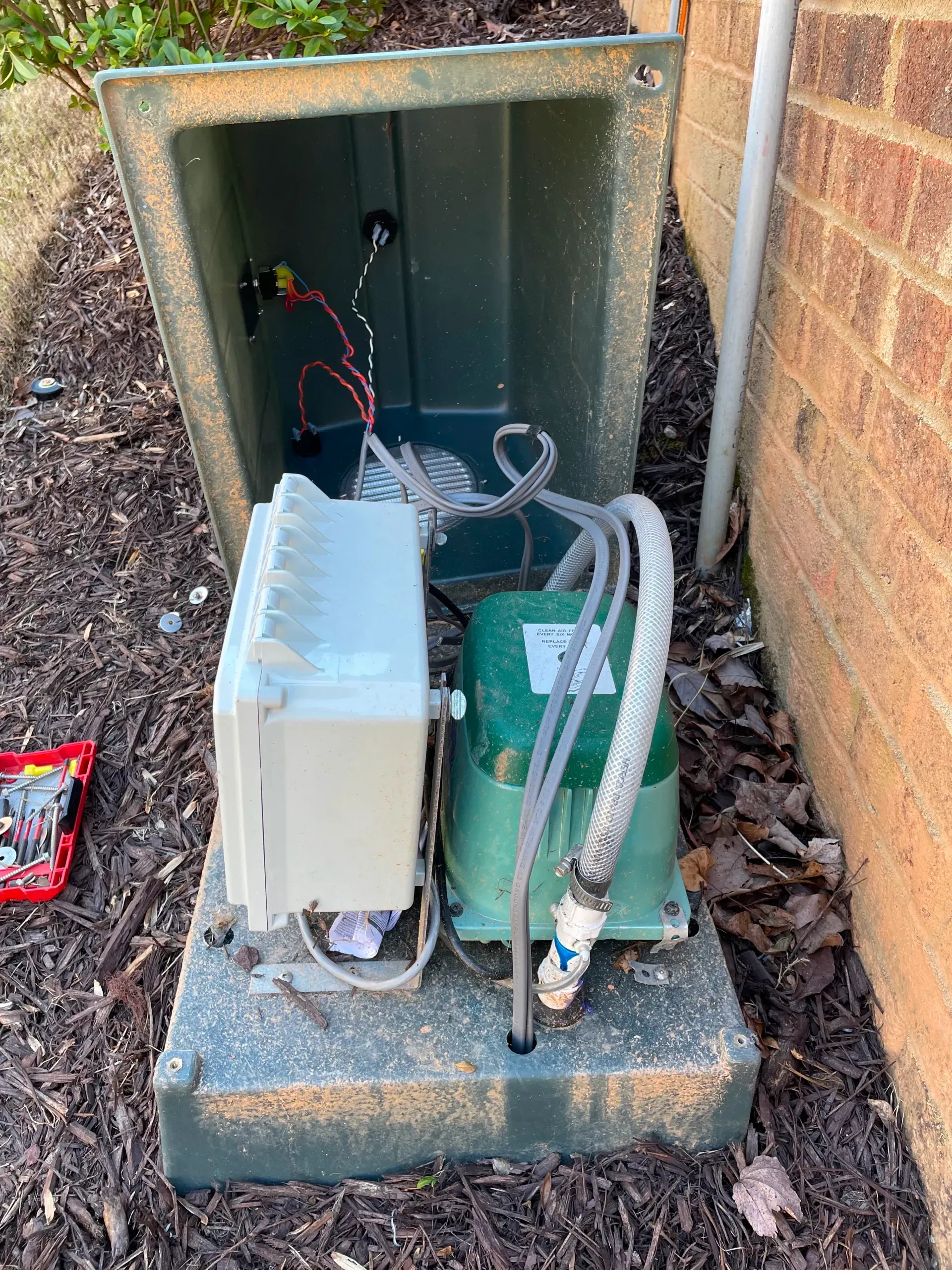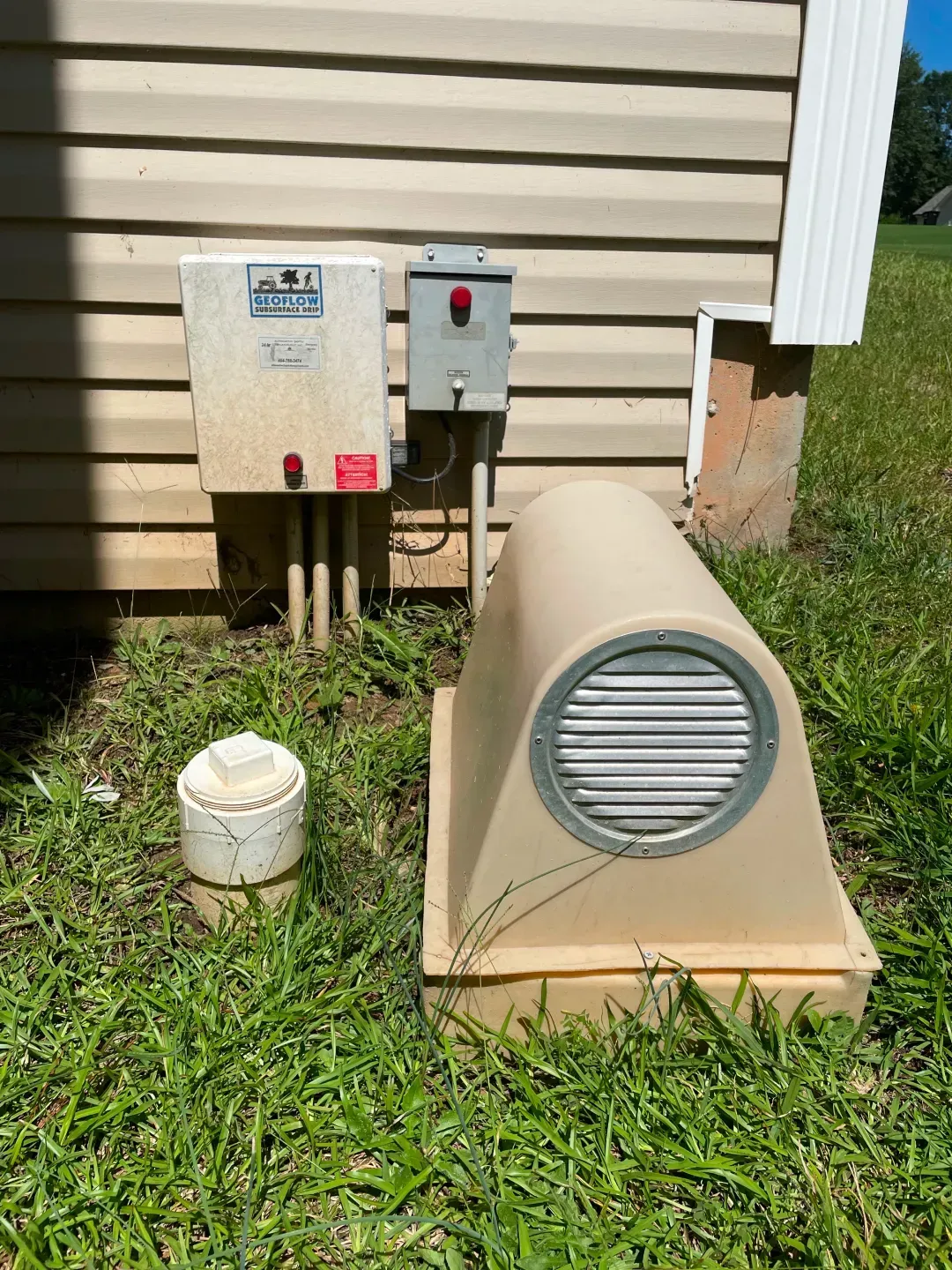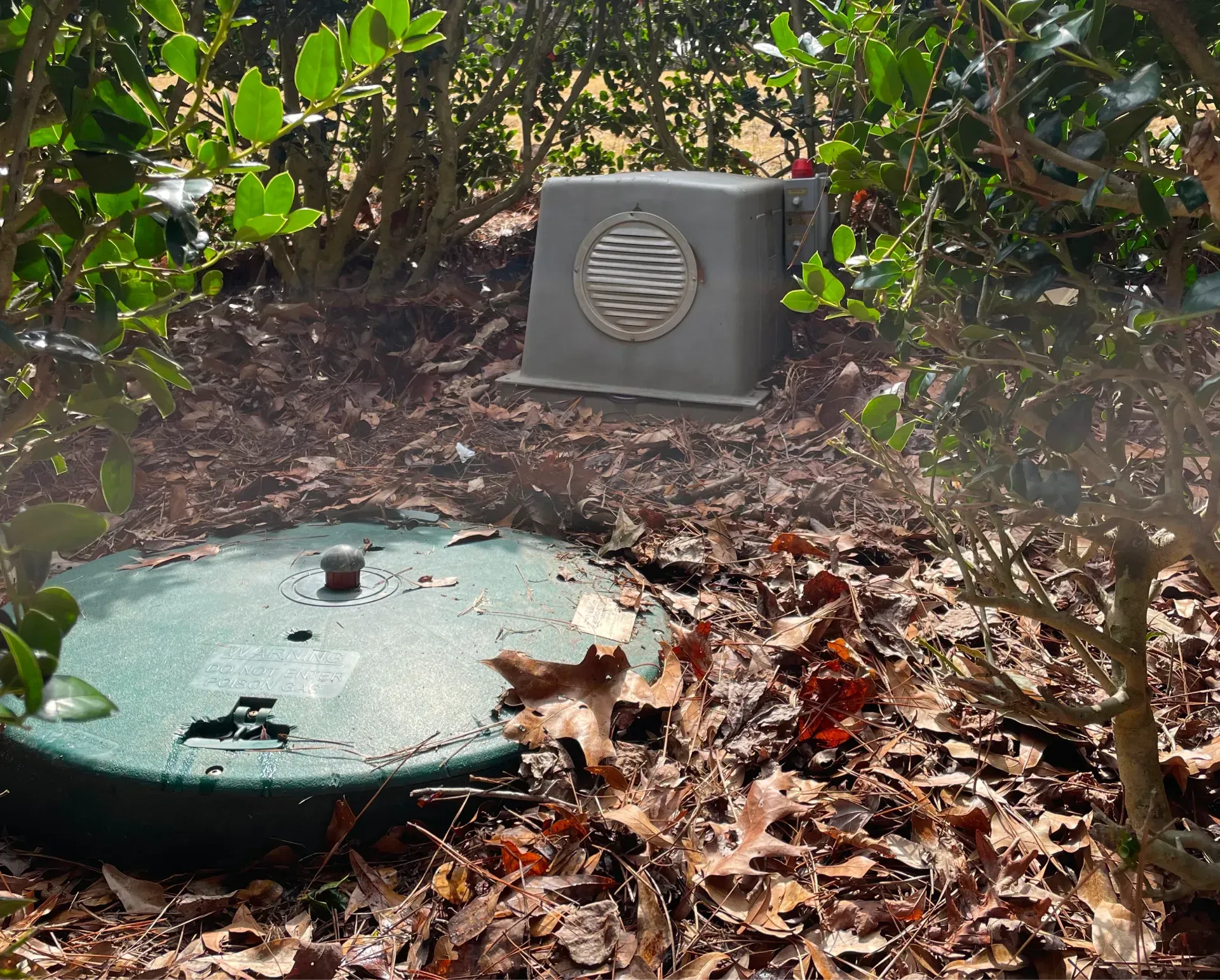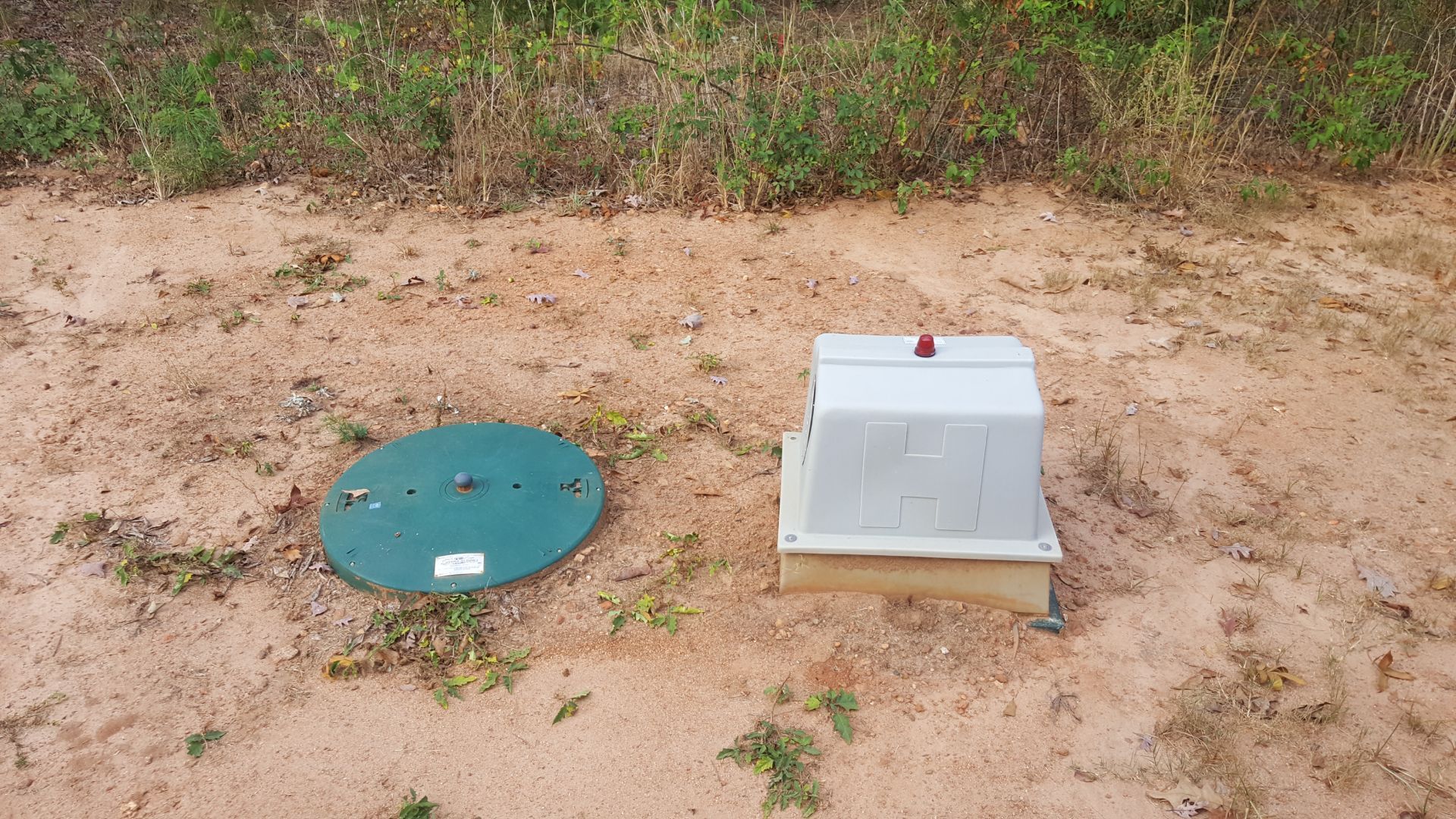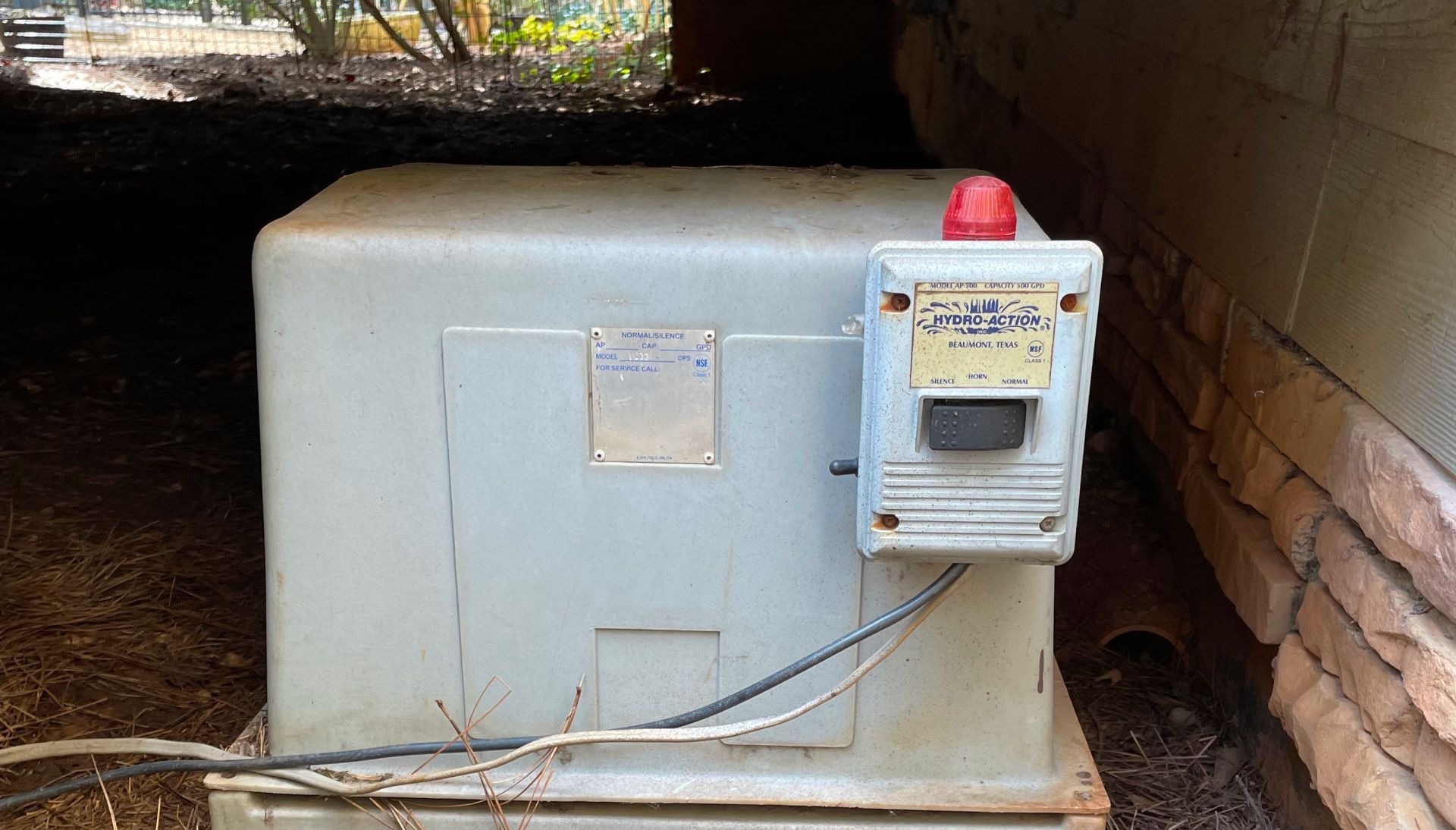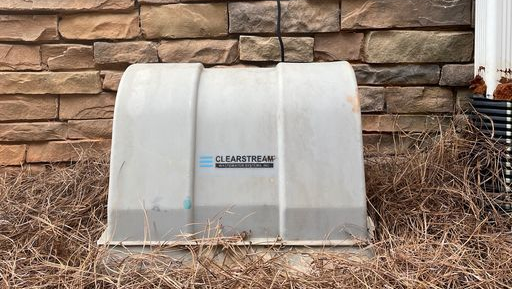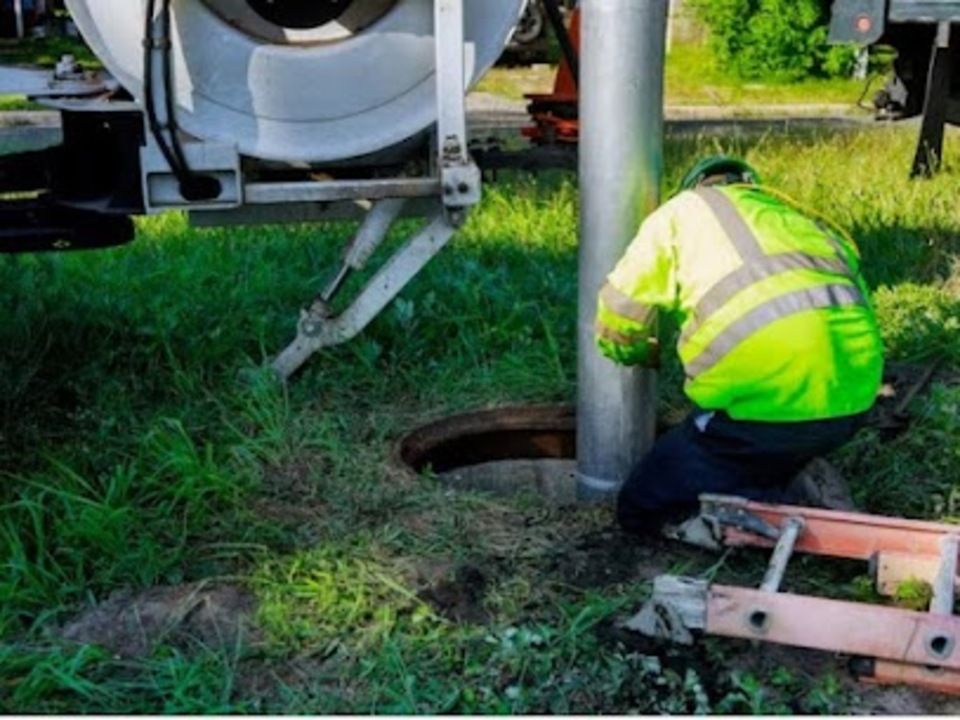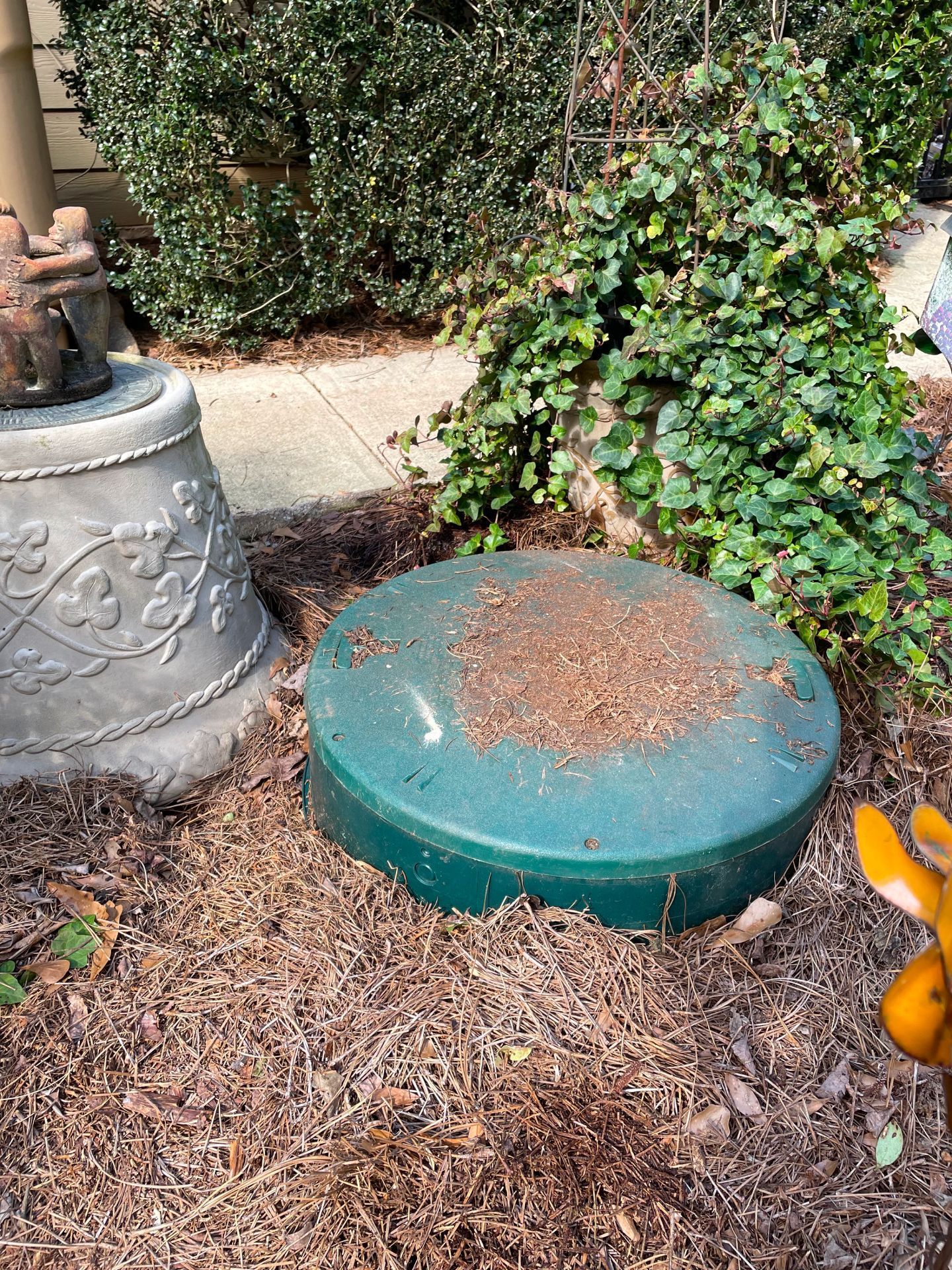How To Check Your Septic Panel and Pump Chamber
Proper maintenance of your septic system is critical for ensuring its long-term functionality and preventing costly repairs. One of the key components that require regular attention is the septic pump control panel along with the septic pump chamber. If these parts malfunction, it could lead to severe issues such as wastewater backups or environmental damage. Partnering with experts like Alternative Septic Management can provide you with the guidance and expertise needed to keep these components in top condition. Understanding how to check these components can help you keep your septic system running smoothly.
Understanding Your Septic System Components
The Role of the Septic Pump Control Panel
The septic pump control panel is the brain of your septic system. This panel regulates the operation of the pump, ensuring that wastewater is processed and distributed correctly. It controls the pump cycles, monitors system performance, and provides alerts when issues arise. The control panel ensures that the pump runs at optimal times and prevents overloading of the system. Understanding how this crucial component works can help you troubleshoot minor issues and know when to seek professional help.
What Is the Septic Pump Chamber?
The septic pump chamber is a holding area where wastewater collects before being pumped to the drain field. This chamber is equipped with a pump that moves the wastewater at set intervals, ensuring a steady flow rather than a sudden surge. Inside the pump chamber, you'll also find floats or sensors that signal when it's time for the pump to activate. Proper functioning of the pump chamber is essential for maintaining the efficiency of your septic system and preventing backups or overflows.
Steps To Check Your Septic Control Panel
Inspecting for Warning Lights and Alarms
1. Look for Indicator Lights: Your septic control panel will often have indicator lights that show the system's status. A green light typically means everything is working correctly, while red or yellow lights may signal a problem.
2. Check Alarms: Many control panels are equipped with audible alarms that sound when there's an issue. If you hear an alarm, it's essential to identify the cause and address it immediately to prevent further complications.
3. Review the Display Panel: Some advanced systems feature a digital display that provides detailed information about the system's current status and any existing faults. Regularly monitoring this display can help you stay on top of maintenance needs.
Checking Connections and Circuit Breakers
1. Inspect Electrical Connections: Ensure all wires and connections in the control panel are secure and free from corrosion or damage. Loose or corroded connections can cause electrical failures, disrupting the system's operation.
2. Check the Circuit Breakers: If your pump isn't running, examine the circuit breakers associated with your septic system. Resetting a tripped breaker may restore functionality, but recurring issues may indicate a more severe problem that needs professional attention.
3. Test the Manual Buttons: Most control panels have manual buttons for testing the pump and alarms. Using these buttons periodically can confirm that each component is functioning correctly and help identify potential issues before they become serious.
How To Examine Your Septic Pump Chamber
Visual Inspection Guidelines
Conducting a visual inspection of your septic pump chamber is the first step in ensuring its proper function. Open the access lid carefully and check for any standing water or debris around the pump. The presence of standing water could indicate that the pump is not working efficiently. Examine the floats or sensors within the chamber; they should move freely without obstruction. Clogs or debris on these components can prevent them from triggering the pump correctly, causing overflows or backups. Additionally, look for any signs of wear or damage on the pump, pipes, and wiring. Early detection of issues can save you from expensive repairs later on.
Testing Pump Functionality
After a visual inspection, it's crucial to test the pump to ensure it's operating as it should. Here’s a simple checklist:
1. Activate Manual Override: Most pumps have a manual override button. Using this can help you verify that the pump starts and runs smoothly.
2. Observe Pump Operation: When the pump is running, check for smooth, noise-free operation. Unusual sounds can indicate mechanical issues.
3. Check Discharge: Ensure that water is being pumped out effectively and there are no blockages in the discharge line. A weak or intermittent flow may indicate obstructions or pump failure.
4. Monitor Float Function: Lift the floats manually to see if they trigger the pump correctly. Faulty sensors can disrupt the system’s efficiency.
Taking these steps helps you confirm that your pump is functioning well and can handle daily wastewater loads.
When To Call a Professional
Signs of Serious Issues
While regular checks can handle minor issues, certain signs indicate it's time to call in a professional. Persistent foul odors, continuous alarm sounds, or frequent tripping of circuit breakers are major red flags. If you notice water pooling around your septic system or unusually high grass growth over the drain field, these could be signs of a leak or overflow. Additionally, if you encounter any electrical problems or notice that the pump runs continuously without stopping, it's crucial to seek expert help. These issues may indicate underlying problems that require specialized tools and knowledge to fix.
Benefits of Regular Professional Inspections
Regular professional inspections offer several advantages for maintaining your septic system. Experts can identify and address potential issues before they become major problems. They can perform thorough cleanings, ensuring all components, from the septic pump control panel to the pump chamber, are functioning optimally. Professionals are also skilled at diagnosing electrical issues and can provide solutions to enhance the longevity of your system. Scheduling regular check-ups can save you money in the long run by preventing costly repairs or replacements.
Conclusion
Maintaining your septic system involves regular checking of the septic pump control panel and pump chamber. Understanding the components, inspecting for warning signs, testing functionality, and knowing when to call a professional can help ensure your system runs smoothly. Regular attention to these details can prevent major problems, saving you both time and money.
If you encounter any issues beyond basic maintenance, it’s essential to seek expert assistance. At Alternative Septic Management Inc., we specialize in servicing and repairing alternative septic systems to keep them running efficiently. Contact us today for professional inspections and maintenance tailored to your system's needs.

